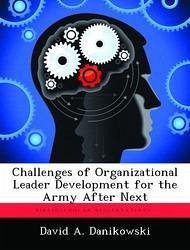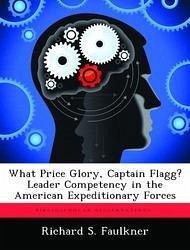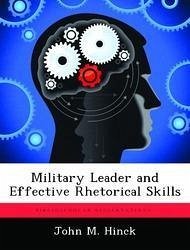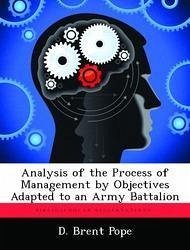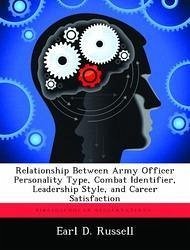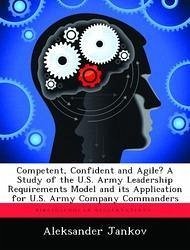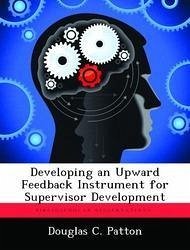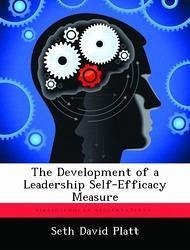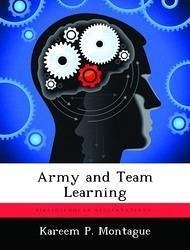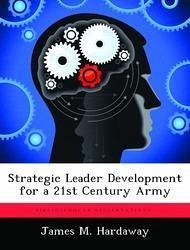
Strategic Leader Development for a 21st Century Army
Versandkostenfrei!
Versandfertig in über 4 Wochen
53,99 €
inkl. MwSt.
Weitere Ausgaben:

PAYBACK Punkte
27 °P sammeln!
As the nature of warfare evolves, the Army must produce leaders who comfortably interact with diverse populations and embrace complexity. This emerging truth dictates a need for change in how Army officers are trained and selected to lead at the highest levels in order to regain the initiative in managing today's fluid operational environment. The concept of strategic leadership, therefore, must be examined closely in Army doctrine. Social, cultural, and complex problem-solving skills are becoming a priority and must be developed in young officers to provide enough knowledge for senior leaders...
As the nature of warfare evolves, the Army must produce leaders who comfortably interact with diverse populations and embrace complexity. This emerging truth dictates a need for change in how Army officers are trained and selected to lead at the highest levels in order to regain the initiative in managing today's fluid operational environment. The concept of strategic leadership, therefore, must be examined closely in Army doctrine. Social, cultural, and complex problem-solving skills are becoming a priority and must be developed in young officers to provide enough knowledge for senior leaders to leverage later in their careers. Rarely does the typical Army career prepare someone to succeed in the strategic arena where the non-military elements of national power carry greater effects than large numbers of troops and equipment. The basic question addressed in this study is "how effective is the U.S. Army at developing strategic thinkers capable of leading decisively in complex and adaptive environments?" To answer this question, three distinct areas are analyzed: (1) the ability of the Officer Education System (OES) to distinguish critical abilities deemed necessary to succeed in the modern security environment, (2) the ability of the Officer Evaluation Reporting System (OERS) to measure an individual's dedication to self study and lifelong education, and (3) the ability of the same OERS to measure individual skills acquired through operational experience. The Army's current OES pushes the most complex topics to the final stages of an officer's educational career. As a result, few officers get a chance to expand their intellectual boundaries through critical and creative thinking prior to their field grade experience. Doing business this way denies the opportunity for junior level officers to develop the requisite skills needed to excel in the strategic arena. The Army must promote advanced educational opportunities as healthy and necessary to a young officer's care





